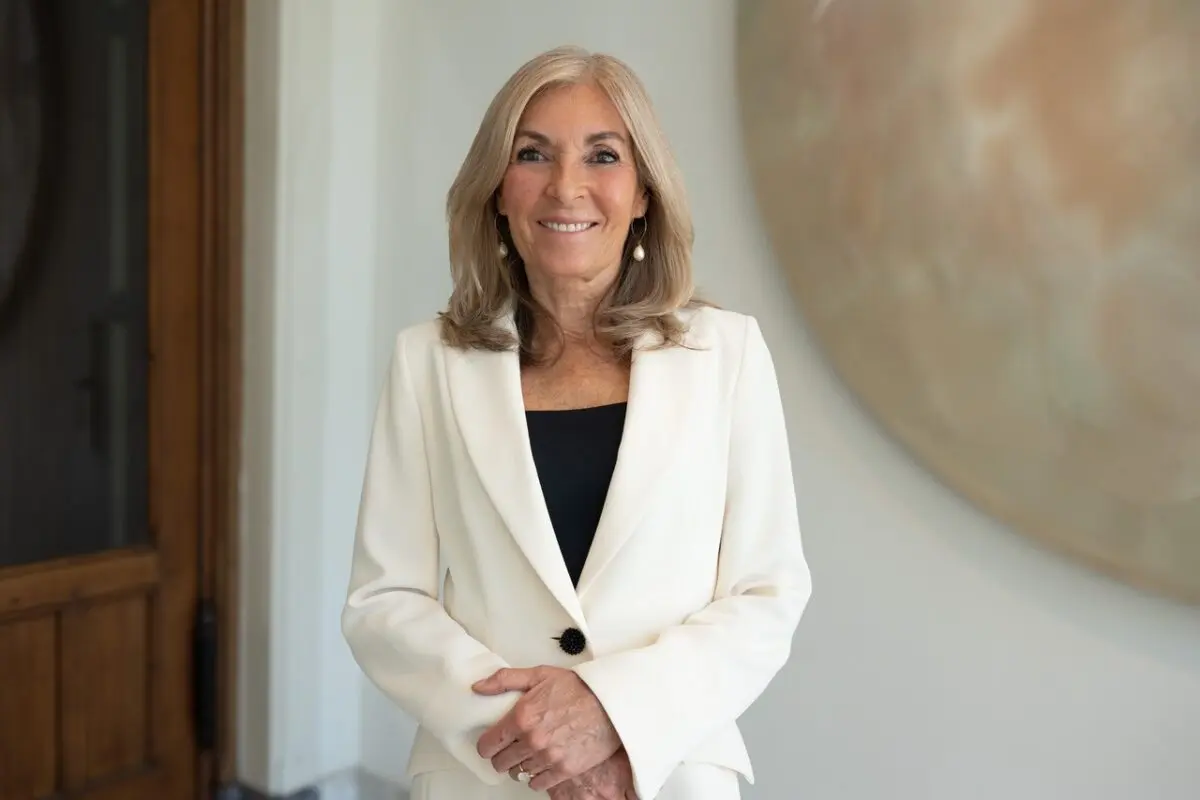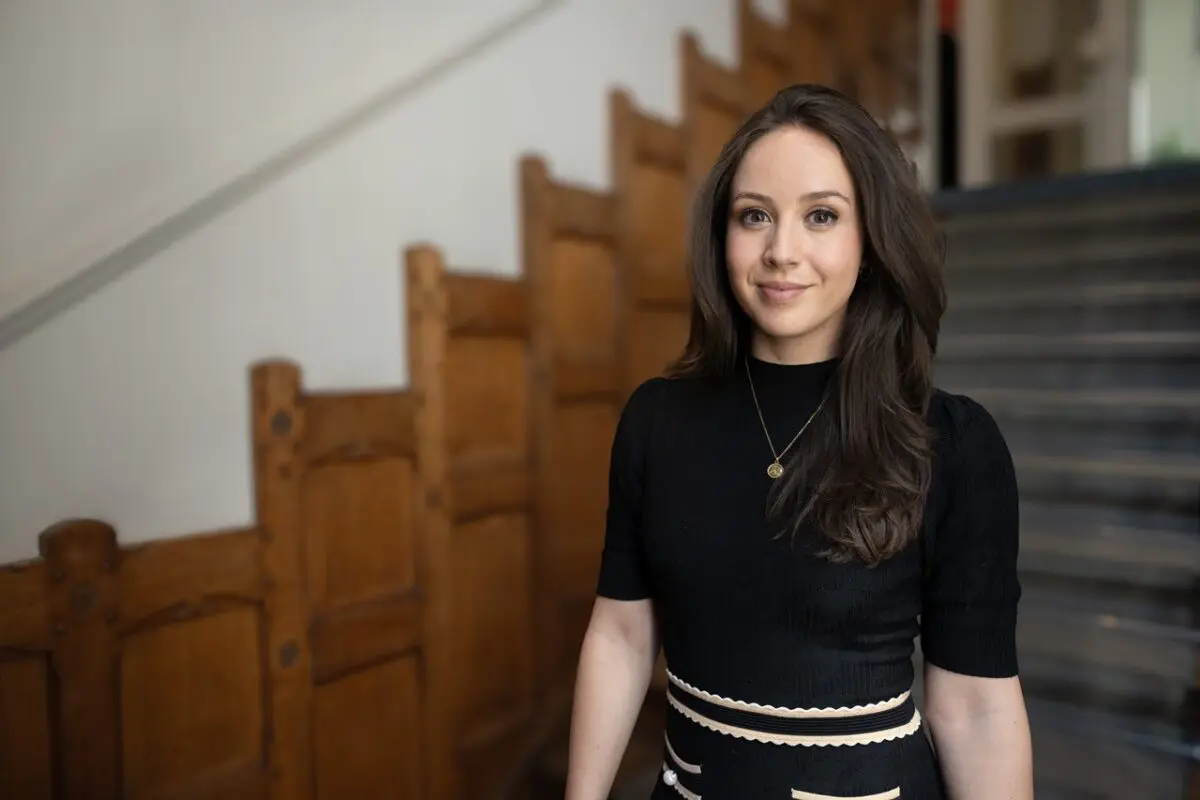6 January 2025
The validity of a draft will
One can inherit in two ways: through the legal system (known as intestacy law) or through a will. The legal system can only be set aside by a will. A will must be drawn up by a civil-law notary, who will also formally ‘execute’ it.
Read more



